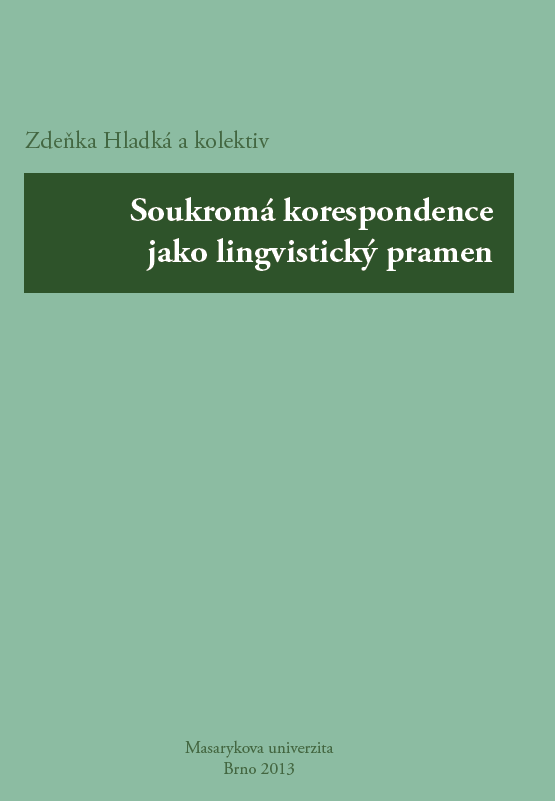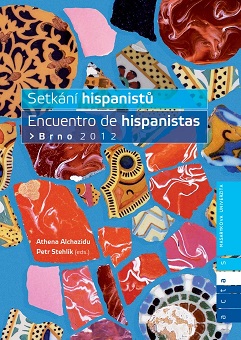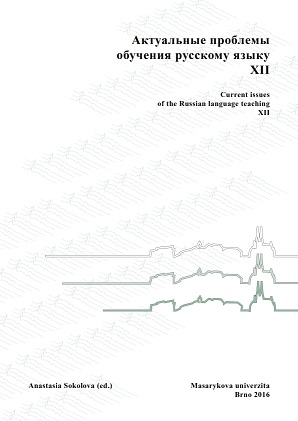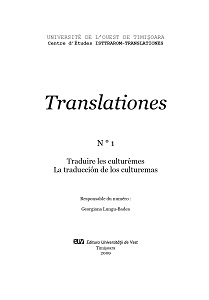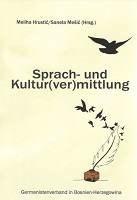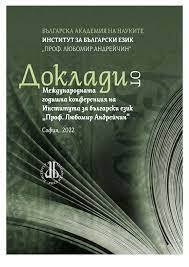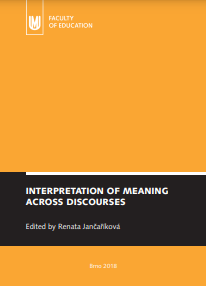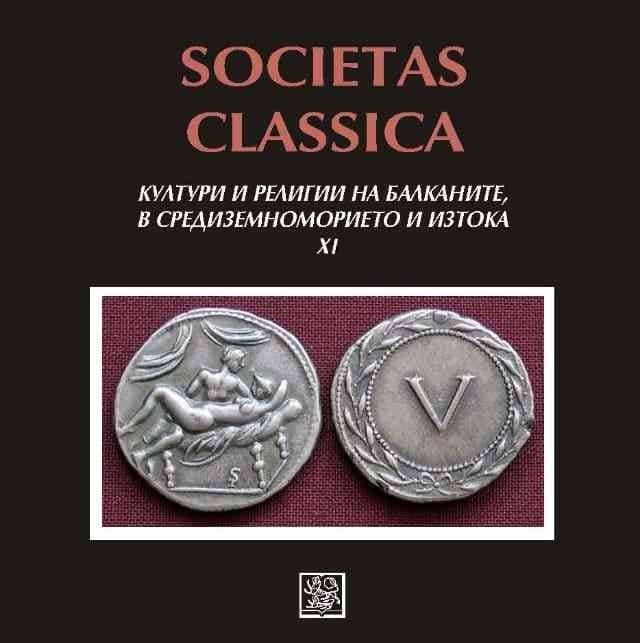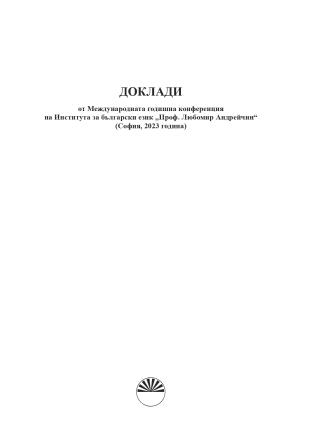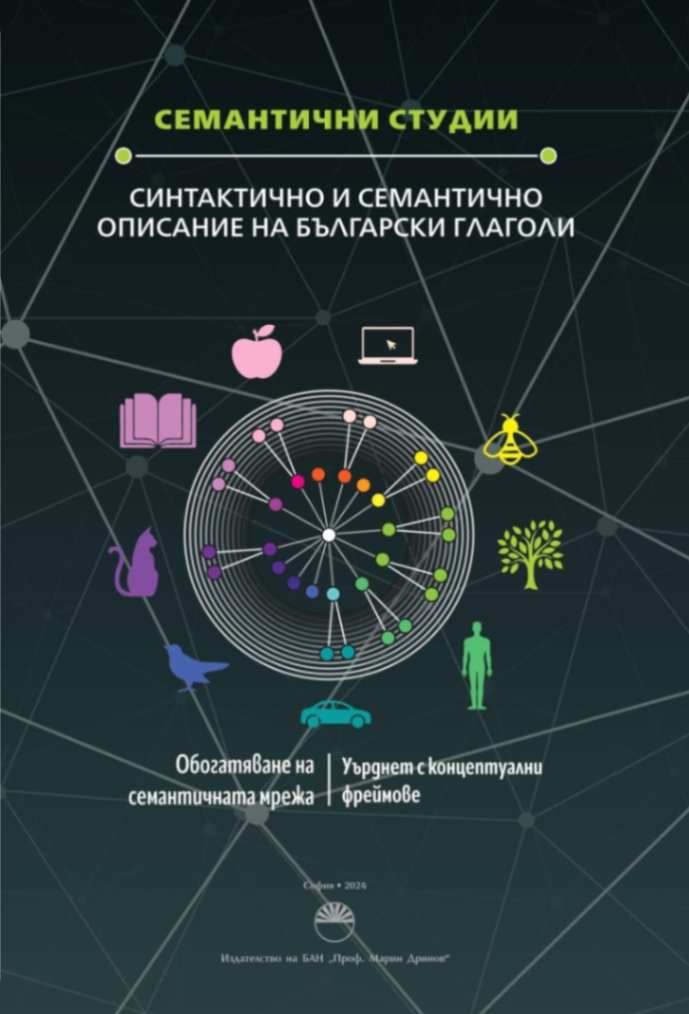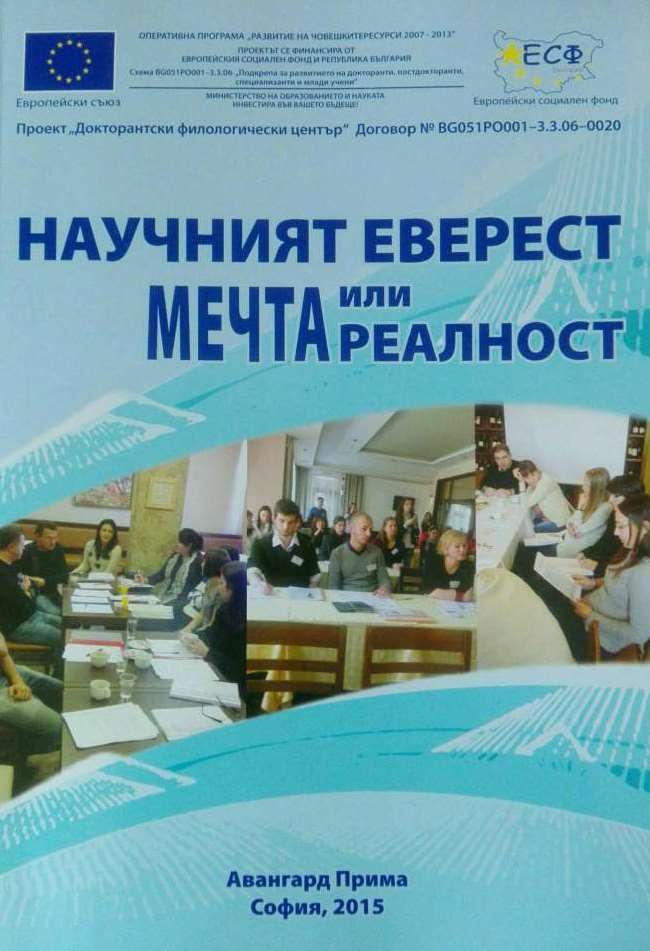
Животновъдна лексика от банския говор
The article discusses the speech in town of Bansko. It gave some historical information about the speech and very short characteristic of this speech. It’s very interesting because Bansko is on the border of east and west Bulgarian speech. It deals with traditional livestock vocabulary. It also deals with some morphological and syntactical aspect.
More...
